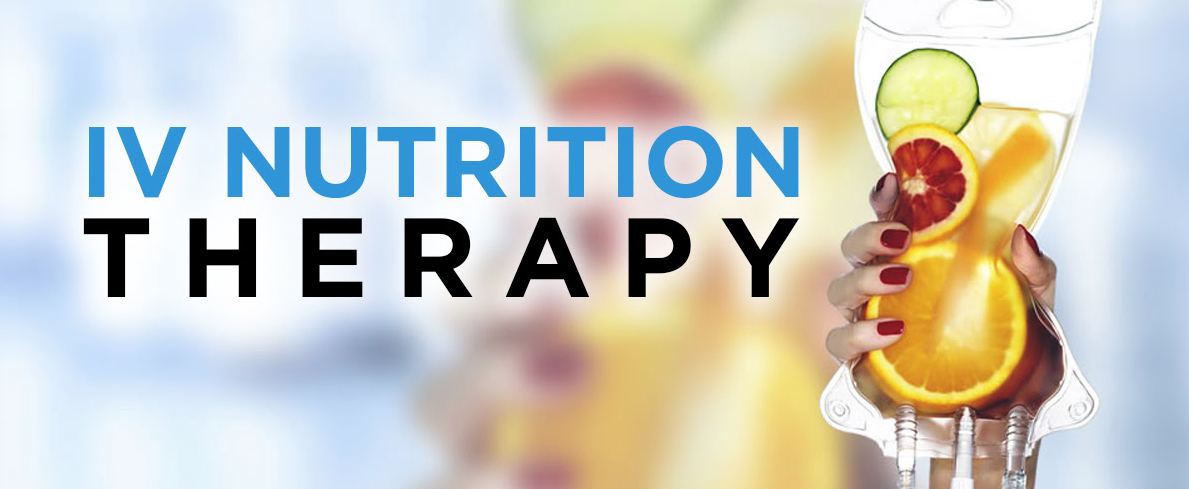Vitamin B12 Advantages That You’re Possibly Missing out On
A vitamin B12 shortage is believed to be just one of the leading nutrient shortages on the planet, with a 2004 research study revealing that it’s a significant health concern in many parts of the globe, consisting of the USA, India, Mexico, Central America, South America, as well as specific areas in Africa. Vitamin B12 benefits your state of mind, power level, memory, heart, skin, hair, digestion and much more. Vitamin B12 is also a necessary vitamin for addressing adrenal exhaustion, several metabolic features– consisting of enzyme production, DNA synthesis as well as hormonal balance– and maintaining healthy nervous and cardio systems.
Due to its wide-reaching functions within the body, a vitamin B12 shortage could reveal up in various unfavorable symptoms, much of which are really recognizable, such as prospective chronic exhaustion, mood conditions like depression, and persistent tension or feeling diminished.


